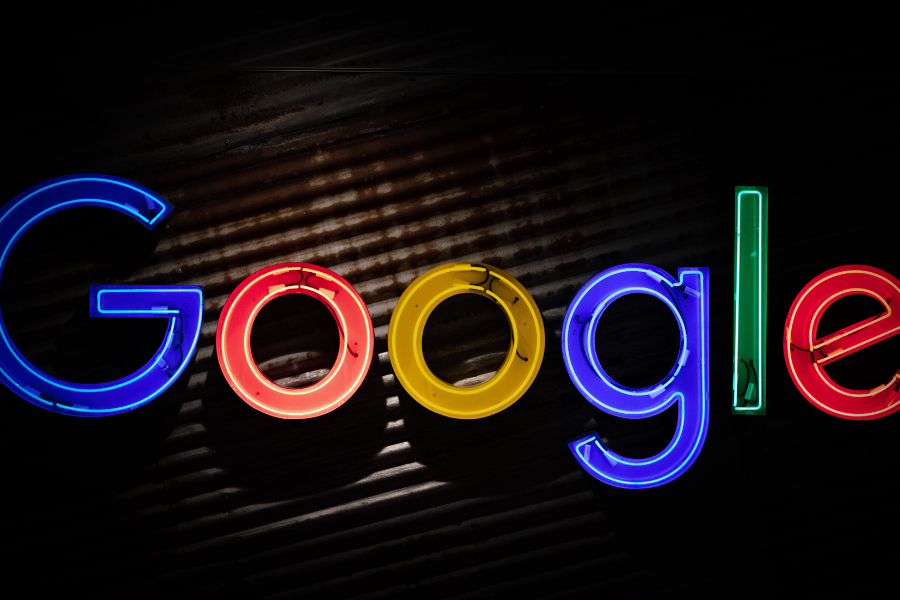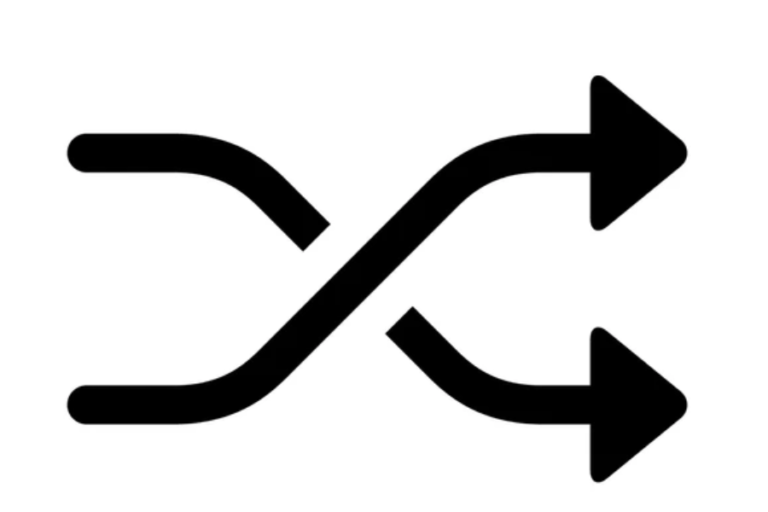Google’s 25e Verjaardag: A Milestone in Internet History
Google’s 25e verjaardag, or Google’s 25th birthday, marks a significant milestone in the history of one of the world’s most influential and successful internet corporations. Founded in September 1998 by Larry Page and Sergey Brin, Google has transformed the way we interact with information, communication, and technology.
The journey from a simple search engine to a global powerhouse that touches nearly every aspect of daily life is nothing short of remarkable. In this article, we will take a closer look at Google’s 25 years of innovation, growth, and the lasting impact it has had on the digital landscape.
A Humble Beginning
Google was born in a garage in Menlo Park, California, where Larry Page and Sergey Brin, two Ph.D. students at Stanford University, began their journey to revolutionize the way people search for information on the internet.
At the time, search engines were slow and inefficient, often returning irrelevant results. Larry and Sergey set out to create a better system—one that would rank pages based on their relevance and quality, rather than just matching keywords.
Their groundbreaking idea was based on a concept they called “PageRank,” which evaluated the importance of web pages by analyzing the number and quality of links pointing to them. This algorithm laid the foundation for Google’s future success, as it made searching for information faster, more accurate, and more reliable.
In 1998, with the help of funding from angel investors, Google was officially launched. What started as a project for academic research quickly gained traction, and by 2000, Google had become the dominant search engine on the web, outperforming other competitors with its user-friendly interface and superior search results.
Innovation and Expansion
As Google celebrated its first decade of existence, it continued to evolve and expand far beyond the scope of a search engine. The company began developing a suite of services that would later become indispensable to millions of users worldwide.
One of the first major products to emerge from Google’s innovative approach was Gmail, launched in 2004. Gmail introduced a host of new features, such as the ability to store large amounts of email, advanced search capabilities within inboxes, and a user-friendly interface. It quickly became one of the most popular email services, competing with established players like Yahoo! Mail and Hotmail.
In 2005, Google made its first major acquisition by purchasing Android, a mobile operating system. This move would prove to be one of the most important in the company’s history. Android has since become the most widely used mobile operating system in the world, powering billions of smartphones and tablets globally.
In 2006, Google also acquired YouTube, a video-sharing platform that was founded just a year earlier. YouTube has since grown into the leading platform for online video content, with millions of users uploading and watching videos every day. It has become a key part of Google’s strategy for expanding its reach in the digital media and entertainment sectors.
Throughout the years, Google has also made significant investments in cloud computing, artificial intelligence (AI), and hardware. Google Drive, Google Docs, and Google Photos have become essential tools for users to store and share files, collaborate on documents, and organize their memories.
Google’s AI advancements have resulted in products like Google Assistant, which provides users with hands-free help and can control smart devices, answer questions, and more.
Additionally, Google has made strides in hardware with devices like the Google Pixel smartphone and the Google Home smart speaker, which integrates seamlessly with the company’s AI-driven services.
Google’s Impact on the Digital Economy
Google’s 25e verjaardag is not only a celebration of the company’s growth but also a reflection of its profound impact on the digital economy. As one of the largest tech companies in the world, Google has played a central role in shaping the internet ecosystem.
One of the most significant contributions Google has made to the digital economy is its advertising platform. Google AdWords (now Google Ads) revolutionized online advertising by providing businesses with a way to target specific audiences based on their search behavior and interests. Through its advertising network, Google has empowered small businesses to reach potential customers around the world, making it one of the most important tools for digital marketing.
In addition to Google Ads, Google has also created a thriving ecosystem for developers through its Google Play Store, which allows app developers to distribute their software to millions of users worldwide. Google Play has become the go-to platform for Android apps, enabling developers to monetize their creations while giving users access to a vast array of digital services.
Moreover, Google has become an essential part of the modern job market. Many businesses rely on Google tools for productivity, communication, and collaboration. Google Workspace (formerly G Suite) is used by companies, schools, and organizations to manage emails, calendars, documents, and more. This has led to the creation of an entirely new workforce that is increasingly reliant on Google’s suite of tools and services.
Challenges Along the Way
Despite its many successes, Google’s journey has not been without challenges. As the company has grown, so has the scrutiny surrounding its dominance in the digital marketplace. Google has faced legal challenges from regulators in various countries, particularly around issues of privacy, data protection, and antitrust concerns.
For example, the European Union has fined Google multiple times for violating antitrust laws, particularly related to its search engine practices and the dominance of its advertising platform. Google has also faced criticism for its handling of user data, with concerns raised about its collection of personal information and how that data is used to target ads.
In the United States, Google has faced similar challenges, with lawmakers and regulators questioning the company’s influence over online information and advertising. Despite these controversies, Google has continued to expand its reach and maintain its position as a leader in the tech industry.
The Future of Google
As Google celebrates its 25e verjaardag, the company continues to innovate and expand into new areas. One of the most exciting developments is Google’s push into the field of artificial intelligence. Google’s AI research has already led to impressive breakthroughs, such as the development of Google’s DeepMind technology, which has achieved major milestones in areas like healthcare and gaming.
Looking to the future, Google is likely to continue pushing the boundaries of AI, machine learning, and automation. The company has already made strides in integrating AI into its search engine, YouTube, and Google Assistant, and we can expect even more sophisticated AI-driven features in the coming years.
Another area of focus for Google is quantum computing. The company has invested heavily in quantum research, believing that this technology has the potential to revolutionize computing by solving complex problems that are beyond the capabilities of classical computers.
While quantum computing is still in its early stages, Google’s efforts in this area could have a major impact on industries such as medicine, energy, and finance.
Additionally, Google is continuing to make advancements in sustainability. Through its Google Green initiative, the company is working to reduce its carbon footprint and invest in renewable energy sources. Google’s commitment to sustainability reflects its broader mission to make the world a better place through technology.
Conclusion
Google’s 25e verjaardag represents a milestone in the company’s journey from a small search engine in a garage to one of the most influential tech companies in the world.
Over the past 25 years, Google has not only transformed the way we search for information, but it has also reshaped entire industries, from advertising to cloud computing, artificial intelligence, and beyond.
As Google looks to the future, its focus on innovation, sustainability, and AI ensures that the next 25 years will likely be just as transformative as the first. Whether it’s improving the search experience, revolutionizing mobile technology, or developing new breakthroughs in artificial intelligence, Google’s legacy as a company that pushes the boundaries of technology is far from over.
As we celebrate Google’s 25e verjaardag, it’s clear that the journey has only just begun, and the impact of this remarkable company will continue to be felt around the world for years to come.
Delve into the power of self-expression and mindfulness at Express Internal






